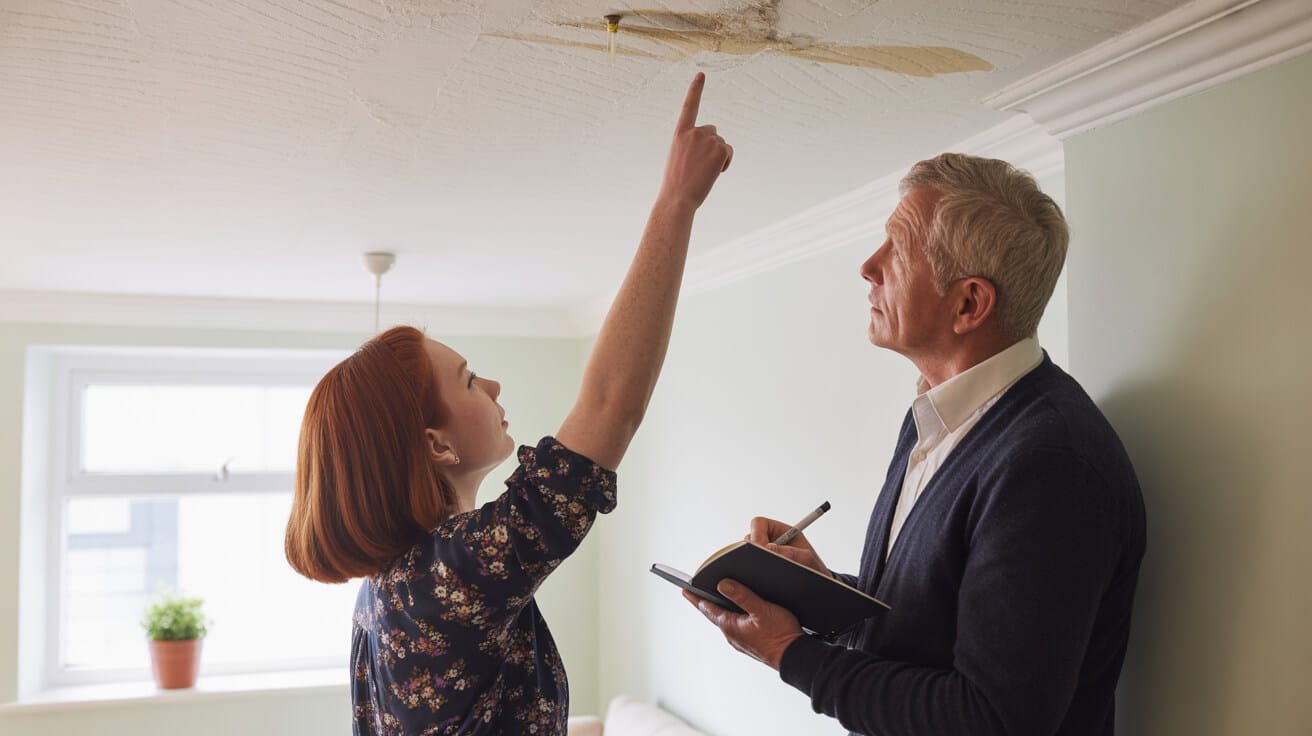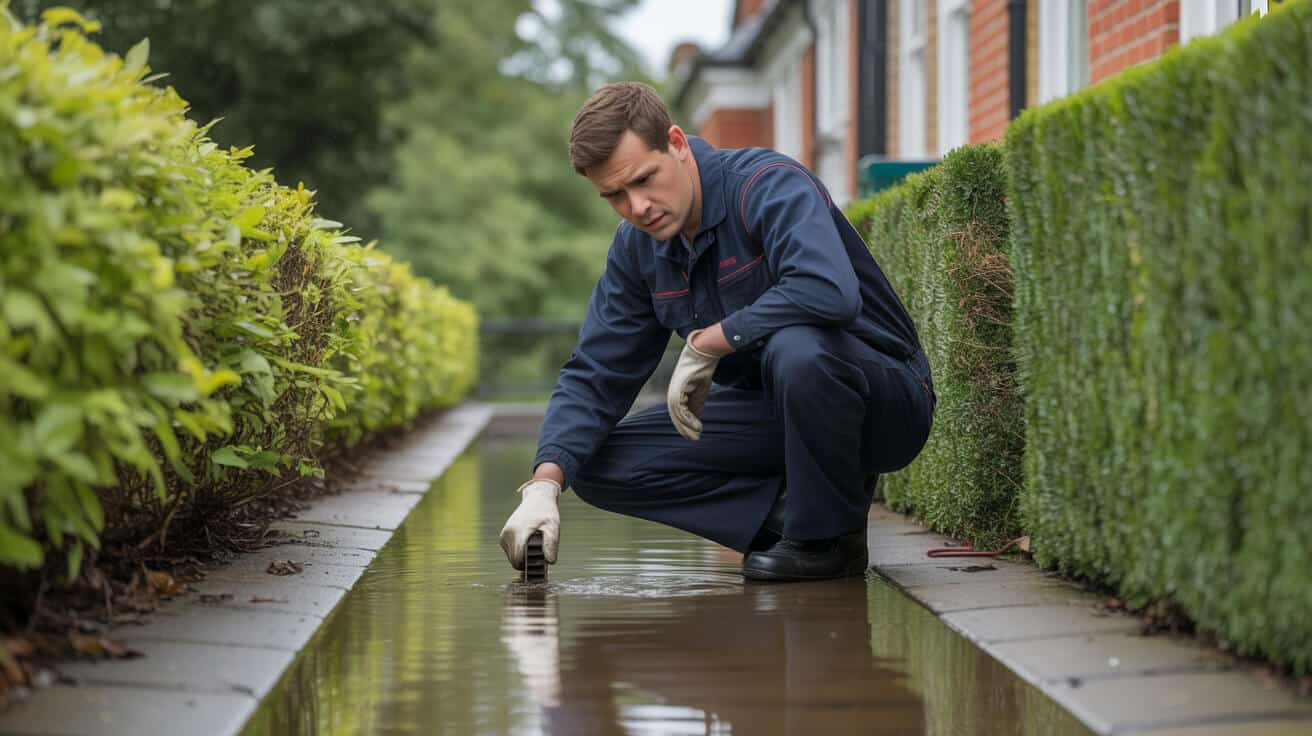 How to Check If Your Engineer Is Gas Safe Registered
How to Check If Your Engineer Is Gas Safe Registered
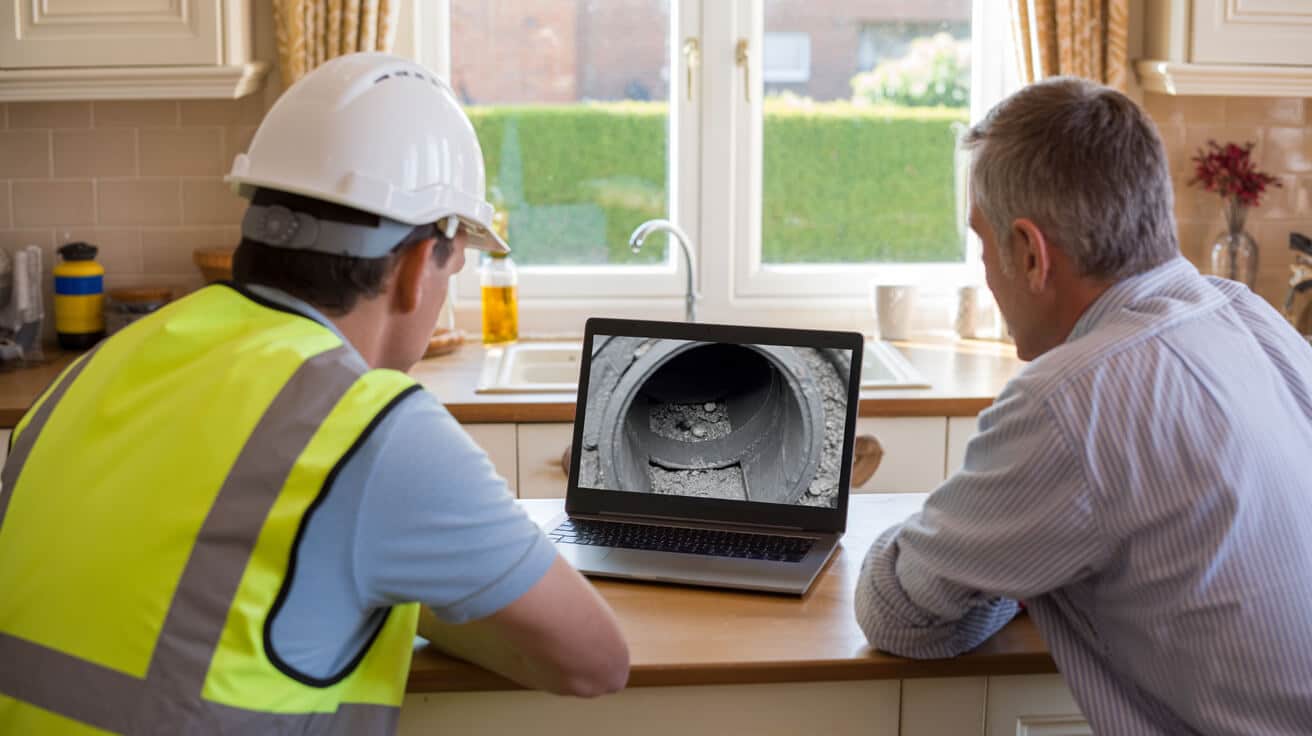
How Can You Be Sure Your Engineer Is Gas Safe Registered?
Gas safety is never theoretical; it’s how you keep your property, your money, and the people in your care out of harm’s way. In the UK, no matter how complicated your property portfolio, how demanding your clients, or how rare the boiler in the basement, none of it matters if you let gas work slide to a handshake and a mate’s business card. Gas Safe registration isn’t some box to tick for the sake of it. It’s the only proof the law and your insurer will heed if anything goes wrong.
Real safety is never a paperwork exercise—proof is your strongest defence.
Yet, countless property owners and letting agents have been stung—sometimes discovering only after a failed CO test, warranty denial, or a call from the council that their engineer’s “credentials” were little more than a well-trusted rumour. If you’re here, you’re already ahead: you know that trust won’t shield you from the fallout, only verifiable evidence will. This guide arms you with totally practical, completely non-confrontational habits to check Gas Safe registration, minimise risk, and preserve your reputation—all in under five minutes, every time.
By the end, you’ll know the exact steps for credential-checking, how to spot the difference between a genuine card and a crafty fake, when to pause a job, and why top firms—like Plumbers 4U—insist on these checks as the cost of entry to your trust.
What Does Gas Safe Registration Guarantee—and What If You Don’t Check?
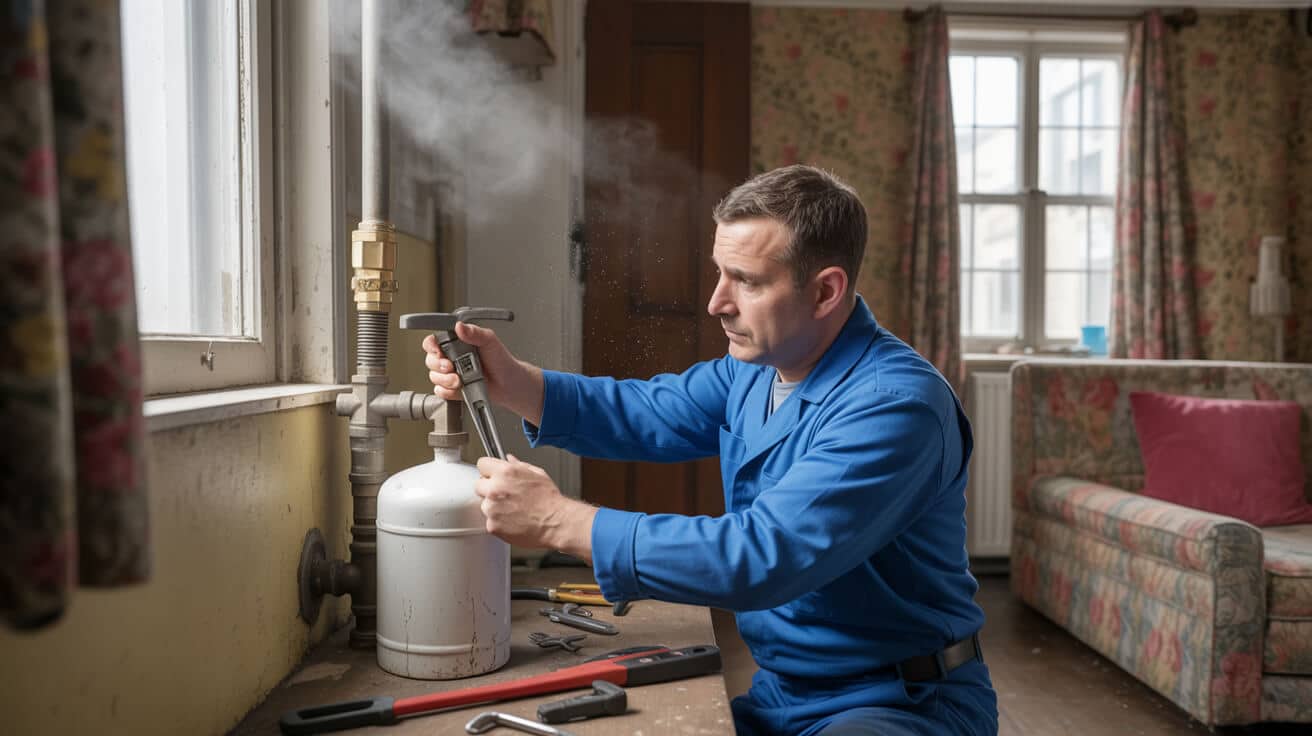
If you’re thinking, “Do I really have to fuss over registration? Isn’t being a good engineer enough?”—it’s time for a wake-up call. Gas Safe registration isn’t optional. It’s the only thing standing between you and legal, insured, and safe gas work in the UK. Every gas job—boiler instal, gas hob swap, landlord certificate—must be handled by a professional whose name appears on the Gas Safe Register. Skip this, and the risk doesn’t just stop at a faulty fitting; you expose yourself, your property, and your company to consequences you can’t claw back later.
Gas Safe Registration: What Does It Actually Cover?
Here’s what you get when you demand proof of registration, every single time:
- True legal compliance: —Only a registered person can legally touch a gas appliance, period. If you’re a landlord or letting agent, it’s a prosecutable offence to ignore this requirement ([HSE, 2023](https://press.hse.gov.uk/2023/10/06/unregistered-gas-fitter-gaoled-for-illegal-and-unsafe-gas-work/?utm_source=openai)).
- Insurance back-up: —Your building and liability insurance won’t pay out unless work is Gas Safe signed, and most tenancy insurance gets voided with a single unregistered repair.
- Valid certificates and warranties: —Annual gas safety (CP12) checks, new boiler warranties, and even manufacturer guarantees *always* demand a registered, listed engineer.
Let anyone unregistered work on your gas, and you risk:
- Unlimited liability: for injury, fire, or carbon monoxide events
- Fines up to £20,000: , legal costs, and possible imprisonment if someone in your care is hurt or placed at risk
- Tenancy cancellation: or business closure if audits or inspectors can’t confirm proper sign-off
Proof isn’t a formality—it’s your only real protection when something hits the fan.
Why Good Enough Isn’t Safe Enough
Unregistered engineers are rarely held to account if they skip vital tests, overlook defects, or use shortcuts. You might get a warm radiator but miss the silent leaks, blocked breasts, or miswired safety sensors that can bring legal, reputational, or physical disaster weeks or months down the line. In gas work, there’s either proof, or there’s risk. Make sure you’re never left hoping the trust was earned.
What Should a Real Gas Safe ID Look Like—and How Do You Verify It?
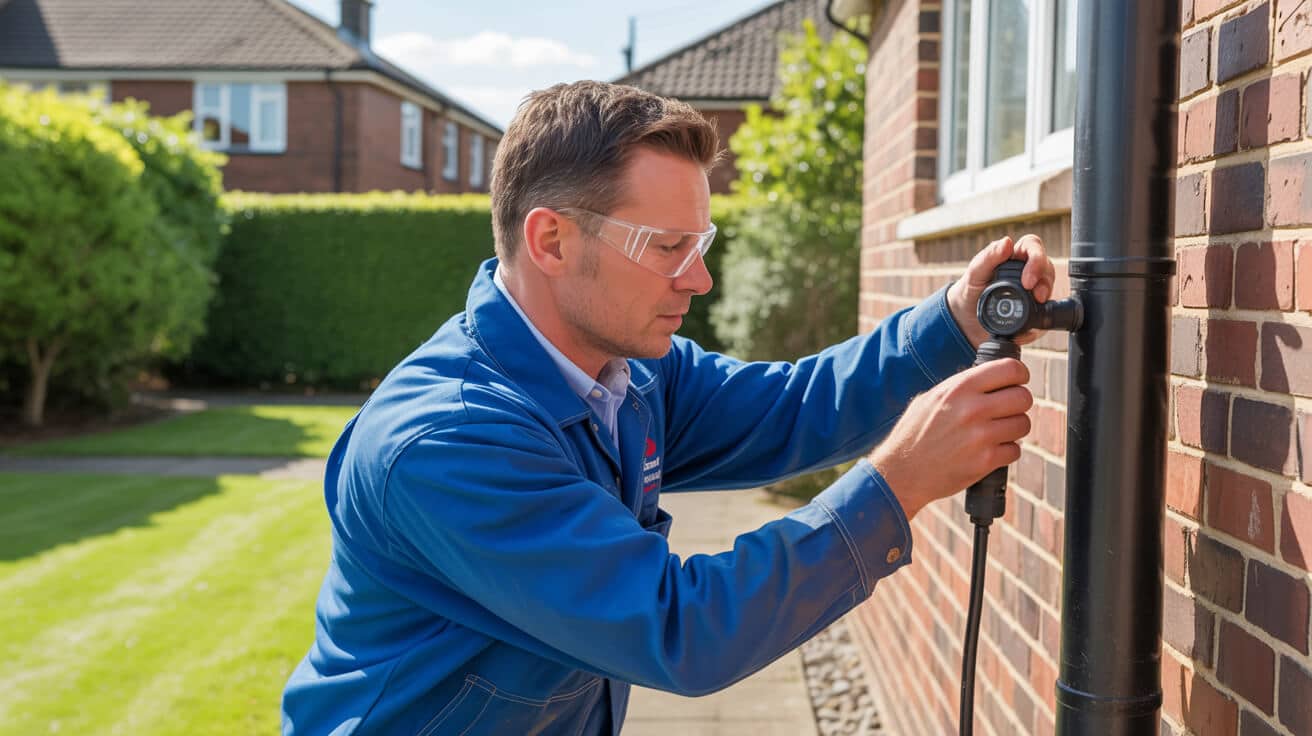
A genuine Gas Safe ID card is your engineer’s badge of trust. It’s wallet-sized, bright yellow, and updated yearly. Any professional worth your business will have it ready before you get the kettle on.
How to Dismiss Doubt—Step-by-Step Gas Safe Card Checking
- Request the card up front—before tools come out. Any professional expects this and takes it as a mark of respect.
- Check the engineer’s photo matches the person on your property. Card details aren’t company-wide—they’re individual.
- Spot the expiry date and licence number. Each card prints a visible “Valid until” date and a seven-digit licence code, which you’ll need for the next checks.
- Read the categories. The back of the card lists specific gas work the engineer is qualified for—boilers, cookers, fires, metres, commercial gas, or pipework.
- Anti-tamper features. Look for holograms and serial numbers. Most modern cards build in anti-clone tech.
If you’re ever met with excuses, a blurry card, or an unwillingness to pause for a check, that’s your red flag to hit pause—no matter how urgent the job.
A real professional takes pride in showing their credentials. Anything less is a red flag.
The Card Isn’t Everything—Why the Register Reigns
Badges alone aren’t enough. They get borrowed, copied, or left out-of-date. The only check that carries weight is the Gas Safe Register itself—a live database that every insurer, council, and court recognises as the ultimate authority.
How Do You Use the Gas Safe Register—And What Details Make or Break a Job?
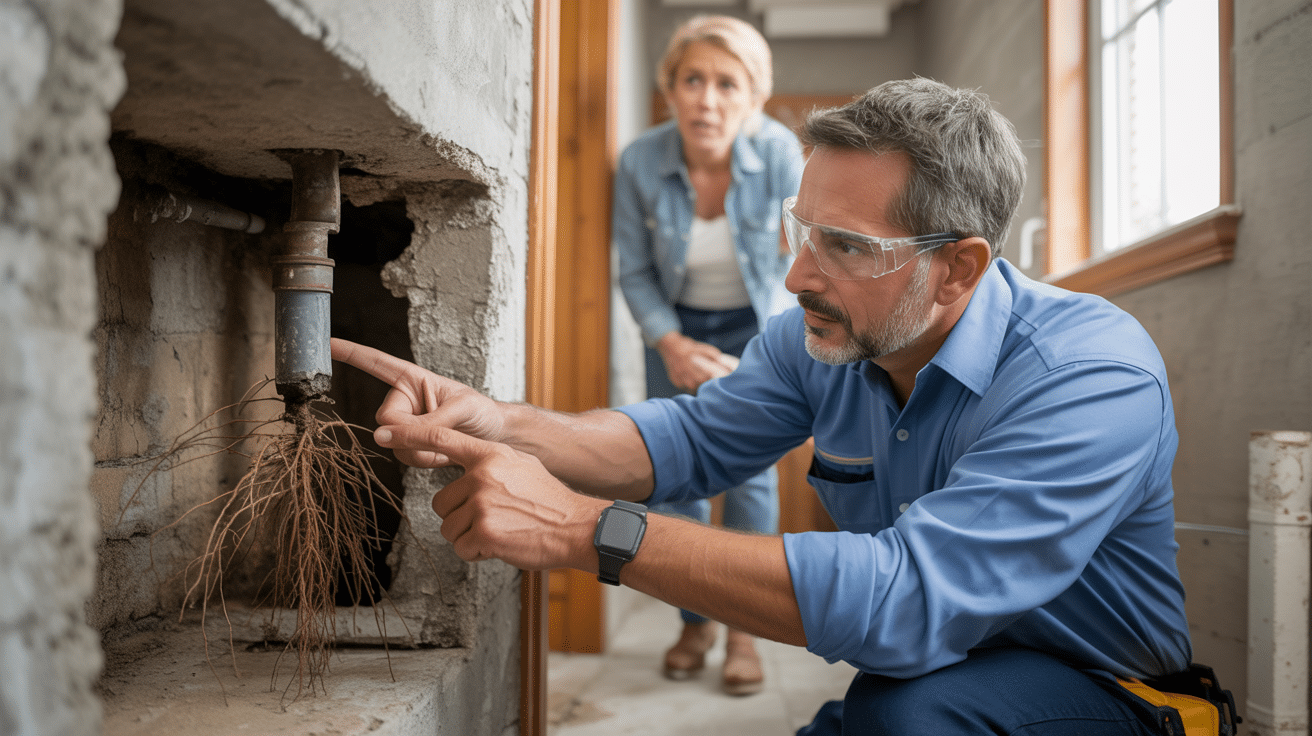
The Gas Safe Register isn’t a secret list. It’s free, takes two minutes to check, and should always be the standard, not the exception.
Practical Steps: Verifying Engineers, Not Just Companies
- Use [the official search tool](https://www.gassaferegister.co.uk/find-an-engineer-or-check-the-register/check-an-engineer?utm_source=openai) or call 0800 408 5500.
- Input the seven-digit licence number from any Gas Safe ID card.
- Confirm:
- The name and photo match the engineer in front of you.
- Their “work categories” cover the job you’re hiring for (boiler instal? gas hob? pipework? Commercial or domestic?).
- Registration is active—not suspended or expired.
- The business matches the firm you booked.
- Anything out of sync? Stop, grab a screenshot, and get confirmation before one pipe is touched.
If an engineer isn’t findable on the Register, don’t risk your property—or your peace of mind.
Do Insurers, Landlords, and Buyers Actually Check This?
Increasingly, yes. Insurers often demand a screenshot of the engineer’s Register page during a claim. Landlords and agents are expected to keep digital and paper copies on file. When selling or remortgaging, legal teams may request a compliance trail dating back years. Don’t treat this as optional paperwork: it’s your groundwork for smooth audits and stress-free property deals.
Does a Gas Safe Registration Mean ‘Any Gas Job’? (And How to Know for Certain)
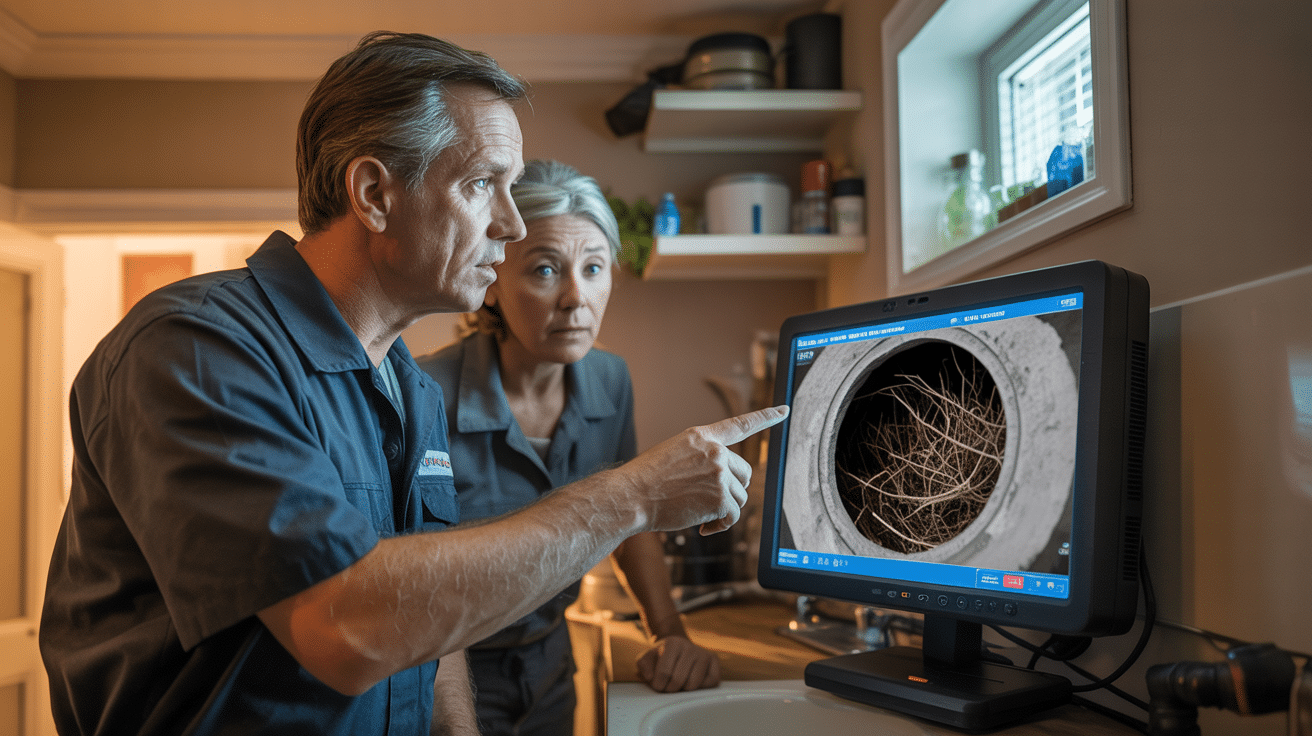
It’s a persistent myth—once a person is Gas Safe Registered, they can fix or fit any gas appliance. Truth is, registration is category-specific. That means an engineer cleared for “gas fires” isn’t automatically able to handle boilers, metres, or commercial installations. Most safety failures? They’re from someone working “out of scope” and hoping no one notices.
Match Registration Scope to Your Job. Every. Single. Time.
Here’s a quick guide for common jobs:
| **Type of Gas Work** | **Register Category Required** |
|---|---|
| Boiler installation | Domestic Gas Boiler |
| Gas fire fitting | Gas Fire / Space Heating |
| Cooker/Hob fitting | Cooker / Hob |
| Gas metre/pipework | Gas Pipework / Metre |
| Commercial work | Commercial Gas |
Your engineer’s Register listing must cover your exact needs. If you’re unsure, ask directly or check the Register’s scope. “I’ve done it before” isn’t enough—the entry must match the job in real time.
What’s Your Legal Responsibility as Property Owner, Landlord, or Agent?
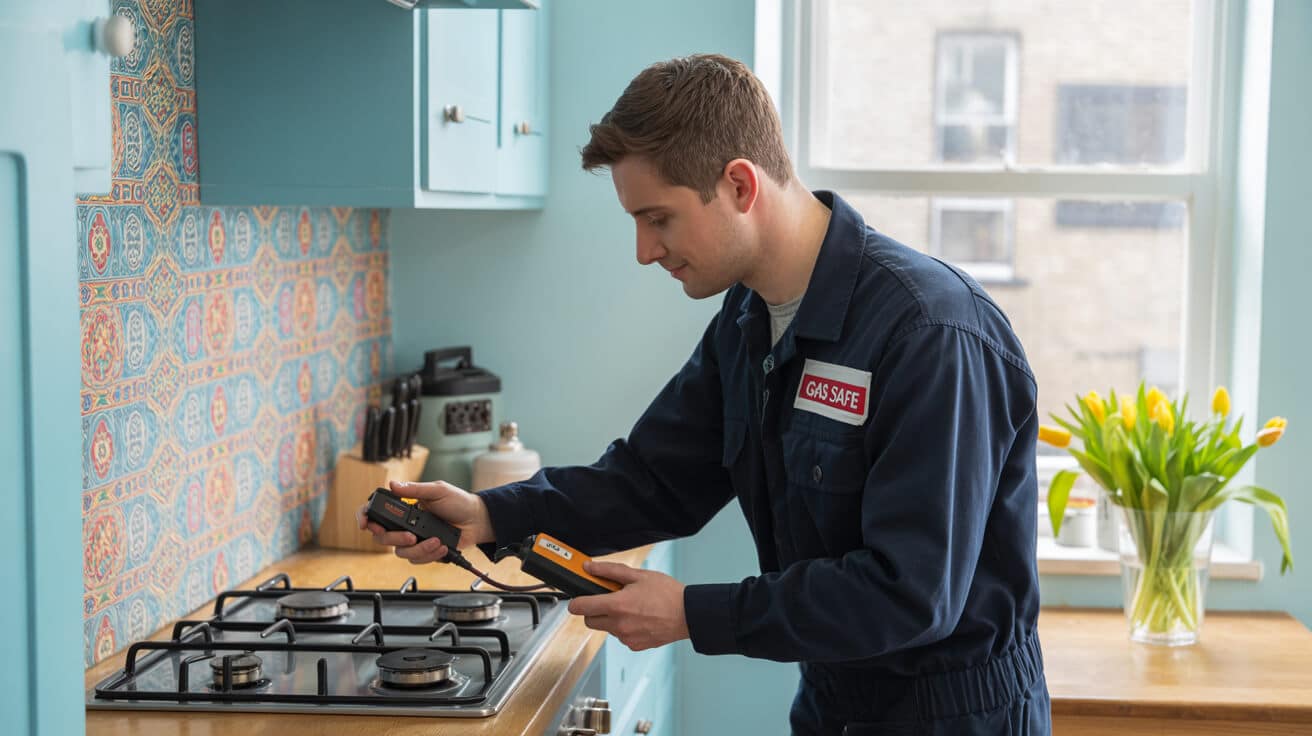
You can’t outsource duty. If you own, let, or manage property, the buck stops with you. UK law puts the onus on property decision-makers to ensure every gas job is not only done by a registered, credentialled engineer—but that proof is on file, viewable, and valid for the job.
- Gas Safe-registered individuals only.: Contractors aren’t a loophole.
- Appropriate categories matter.: Boilers, pipework, cooker replacements? Ensure the card matches the scope—every time.
- Store real evidence.: Snap the engineer’s card, save the Register page, file the CP12 certificate and invoice securely (digital or hard copy).
Diligence is the foundation of due care—don’t sign off a job without real proof.
Ignore the Rules? Here’s What Awaits
- Any unregistered or out-of-scope gas work is illegal and fully uninsured.
- You take on full liability after an incident, with fines, civil suits, and lost rental income in the mix.
- Letting agents and commercial managers can lose management rights, be struck off registers, or face licencing bans for missing records ([Landlords Guild, 2024](https://www.landlordsguild.com/gas-safety-certificates-for-landlords/)).
Plumbers 4U treats compliance as a practice, not a formality—every engineer lays out ID, explains scope, and leaves you with paperwork that stands up to any audit.
How Should You Record and Store Gas Safe Evidence—So You’re Always Ready?
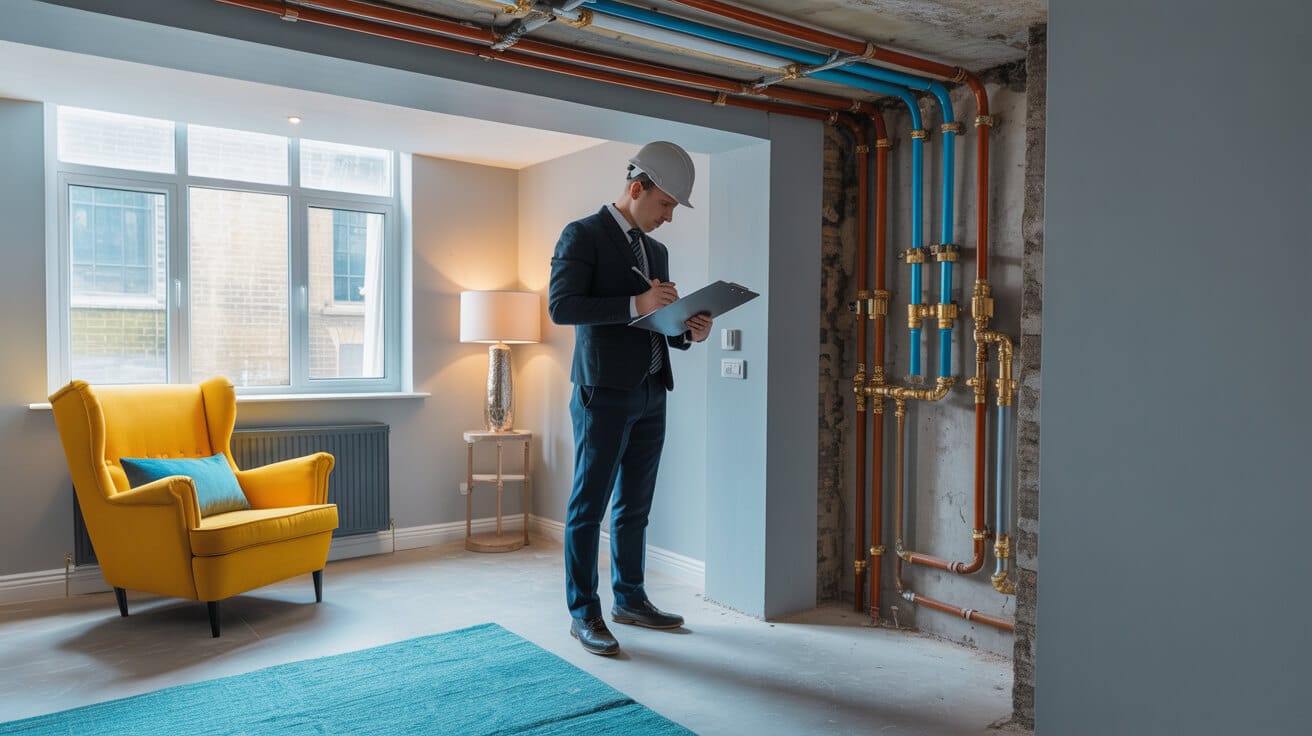
“Trust but verify” means you never rely on memory or loose emails. Every compliance failure or insurance denial comes down to missing, misfiled, or inadequate documentation. Make airtight record-keeping a non-negotiable.
Practical Evidence Management for Homeowners, Landlords, and Office Teams
- Take a clear photo of the engineer’s card and the Register check at every visit.
- Attach both to all CP12s, appliance service docs, and job invoices.
- Store files in a compliance folder or a landlord portal—duplicates in the cloud if possible.
- Ask for digital handover—Plumbers 4U will send every certificate and evidence PDF by default.
- Set annual reminders for CP12 renewals and update folders after each job.
Documentation is the only insurance you control at every step of the process.
A clear compliance trail is your one-click safety net for audits, property sales, inspections, or legal events.
What Do You Do When Credentials Don’t Add Up—or Something Feels Off?
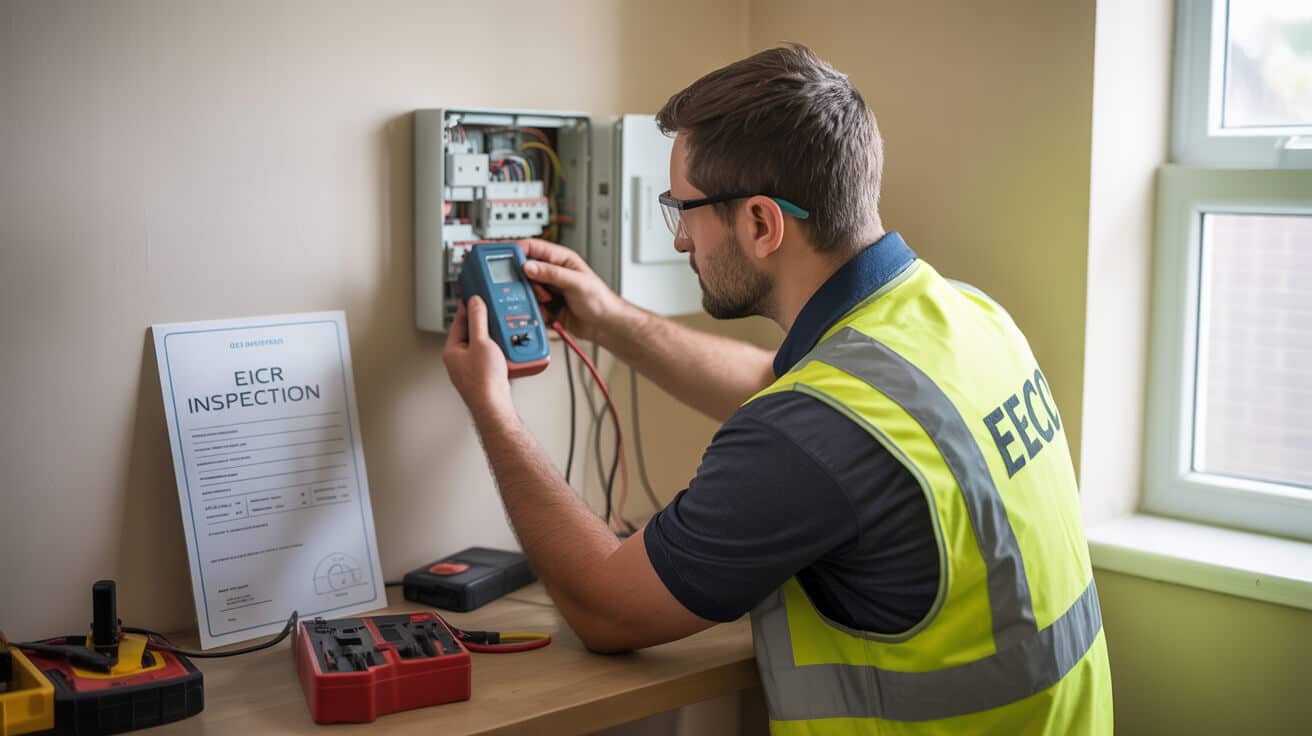
Not all red flags are obvious, but every property pro learns to trust their gut. When anything seems “off”—fuzzy badge, wrong name, card doesn’t match the person, missing Register listing—stop the process on the spot. Here’s how to put safety first, no matter who’s on site.
- Ask for a second form of ID or company confirmation.
- Call Plumbers 4U HQ or use web chat to validate the booking.
- Go to the Register, search the number, and compare photo and category scope.
- If urgency or risk is present (gas leak, smell, CO alarm), isolate the system and call the emergency services before resuming.
- Never let politeness override compliance; professionals prefer to pause than to let you risk your property.
A cautious pause today often avoids disaster tomorrow.
No pushback, no awkwardness. A real engineer sees your diligence as the sign of a well-run operation—so never hesitate.
How Do Plumbers 4U Guarantee Gold-Standard Gas Safety and Compliance?
No one wants to chase paperwork when the boiler’s cold or an audit letter lands. Plumbers 4U stands out by making gas compliance frictionless—every engineer carries a valid, up-to-date Gas Safe card, is happy to explain the exact categories they’re approved for, and expects to be cross-checked on arrival and at completion.
- Automatic digital evidence for every job—photo of card, Register screenshot, and proof-of-category logged directly to your file.
- Job-specific paperwork (CP12, service docs) filed both in print and digitally, for retrieval by homeowner, letting agent, or insurer in a pinch.
- No “one-size-fits-all” credentials—engineers are assigned by *scope only*; if the Register doesn’t allow it, they’re not sent.
- Ongoing advice on new regulations, annual renewal reminders, and compliance coaching for landlords, office managers, and property teams.
- No surprise up-sells or hidden charges—just the evidence, transparency, and service you’d expect from a firm protecting your trust as fiercely as your safety.
Transparency isn’t a promise—it’s our standing practice, from the moment you call to post-job aftercare.
Whether you manage a hundred rentals or just your own home’s peace of mind, Plumbers 4U ensures Gas Safe isn’t a loophole or a headache. It’s your automatic defence and the badge your reputation rides on.
Ready to Eliminate Doubt? Trust Plumbers 4U with Your Gas Safety
Gas safety isn’t a grey area. Not for your tenants, your assets, or your future as a property professional. Plumbers 4U brings relentless visibility, robust proof, and a service standard that makes your compliance self-evident—never a reluctant afterthought.
If you want an engineer who’s ready to show credentials before turning a wrench, who’ll document facts before you need them, and who’ll keep your audit trail bulletproof, choose the team that’s engineered gas safety from the ground up. No trust required—just the evidence, and your peace of mind.
Book a Gas Safe registered Plumbers 4U engineer now—see the proof before the work, keep the compliance forever. Protect your home, your business, and your reputation with confidence that shows.
Frequently Asked Questions
What actions guarantee you’re working with a truly Gas Safe engineer—and not just someone “insured” or “highly recommended”?
A safe home or business comes down to one simple practice: never let a gas job begin until you’ve verified the engineer’s actual Gas Safe registration, in person and on the Register. Indemnity insurance, years in the trade, or even a glowing review can’t replace real-time verification. Owners, landlords, and managing agents remain on the hook legally and financially for every decision here. The courts, insurers, and local authorities all expect you to check the physical Gas Safe card with a recent picture and valid expiry, and then crosscheck the unique ID on the official Gas Safe Register.
It’s the credential in your hand—not a promise, invoice, or logo—that makes your building safe and your reputation bulletproof.
Every genuine Plumbers 4U engineer is trained to expect and support this check. The process speaks for you: ask for both sides of the card, cross-verify the categories, and check the number online. Snap a record for your audit file, and log the check with date and context. This habit isn’t an extra “chore”—it’s today’s standard for anyone protecting lives, property, and professional standing. With leading insurers and agents asking for proof before settling claims, building this ritual into your routine takes you from anxious to audit-ready every time you engage a gas professional.
Why is DIY trust never enough in a legal review?
- Legal liability never shifts to contractors, agencies, or third parties—you are responsible for verifying each engineer.
- A registered business doesn’t mean the individual at the job is covered; only engineer certificates carry legal and regulatory weight.
- Digital credential checks, with image proof, are now the gold standard for UK owners, landlords, and property managers.
Which warning signs expose a fake or insufficient Gas Safe card, and why do those “job categories” matter so much?
Accepting credentials at face value is one of the biggest pitfalls in property management and ownership. Real Gas Safe cards are layered with details: a recognisable photo, clear expiry date, a unique 7-digit licence number, tamper-proof hologram or QR, and—crucially—a list of work categories on the reverse. These categories define exactly what each engineer is legally permitted to touch. “Boiler” only means boiler; “gas fire” only means gas fire. Every year, claims crumble and projects come under fire because someone trusted a good badge or business reputation over the facts on the card.
Property safety isn’t built on assumptions—it’s anchored in visible, job-specific clearance.
Be methodical: compare the name and picture, review expiry and issue dates, inspect the hologram for clarity, and then flip to the back for explicit job types. Always confirm the card’s number on the Register. If you spot old branding, worn edges, blurring, or mismatched print—or if a category’s absent—consider the card unfit for your protection needs. When Plumbers 4U attends a site, every engineer expects these checks and will produce proof for client and compliance files alike. That’s the level of trust and defensibility regulators, insurers, and asset managers now demand.
What routine checks put you in control?
- Confirm both sides of the card, not just the front—categories live on the reverse.
- Use the Gas Safe Register in real time to match names, licence numbers, and company for today’s date.
- Never allow a “boiler-only” engineer to touch a metre, gas fire, or LPG unless the card says so.
What documented process locks down your Gas Safe engineer check for any future inspection or insurance claim?
In the current climate, “I thought they were fine” offers no protection. A codified, repeatable, and provable process is what keeps you safe from regulatory, insurance, and repair headaches. Best practice boils down to five tight steps:
- Request both sides of the engineer’s Gas Safe card on arrival.
- Photograph the front (name, photo, date, licence) and back (job categories).
- Search the 7-digit number on the official Register in the client’s presence, not after the fact.
- Record the result—engineer, company, expiry, job type—in your compliance diary or file.
- Retain these images for as long as your property’s CP12 gas certificate and landlord insurance require (minimum 12 months).
The property world respects diligence, not hope—digital proof of your process is a reputational asset and an insurance safety net.
For agents and landlords juggling multiple properties, this could seem like a paperwork army. But firms like Plumbers 4U automate the entire chain—images and Register screenshots are attached to every job report, available on demand at annual review, audit, or on the day a question arises. This isn’t just easier—it’s fast becoming the standard for regulatory defence in UK housing and commercial premises.
How do you keep this from becoming a paperwork headache?
- Use contractors like Plumbers 4U who deliver audit-ready records as part of every job.
- Bundle digital proof with your CP12 certificate and service logs, rather than scattering files.
- Schedule regular reminders to refresh and archive records, supporting occupational safety standards and claim defensibility.
What should you do if an engineer’s registration or ID is missing, expired, or out-of-scope at your property?
No reputation, budget, or tight schedule justifies risking illegal or unsafe gas work. As soon as any credential is unclear, out of date, or missing—even for “just a quick job”—your response must be swift and unyielding: halt all works, request immediate proof, and do not let works proceed until everything checks out in person and online.
- Clearly state your policy: gas work starts only after real-time credential checks.
- Do not bend for explanations like “I left it at home”—pause or reschedule until credentials are produced.
- Always verify categories match the actual task; a misfit means a no-go, regardless of urgency.
- If you suspect a fake, tried tampering, or other irregularity, call the Gas Safe Register at 0800 408 5500 and report the issue.
Should you ever doubt the validity, share your concerns with tenants, managing agents, or stakeholders—documenting what happened. Plumbers 4U engineers arrive ready for scrutiny, equipped for instant compliance checks. If you’re unsure, you’re better off rescheduling than creating risk exposure or facing insurance denial later.
Why does zero compromise matter so much?
- Your compliance, audit trail, and insurance all depend on consistent hard stops, not politeness or past experience.
- Failing to refuse work performed by unregistered engineers can result in fines, legal claims, or even criminal prosecution if harm occurs.
Why are job titles like “plumber,” “heating engineer,” or “WaterSafe certified” not enough for gas compliance—and how do you stay audit-proof?
So much of property, landlord, and asset management culture runs on trust—the “good old” titles sound reassuring, but they hold zero weight with regulators, claims assessors, or the Gas Safe register. “Plumber” and “heating engineer” signify craft but not legal permission for gas instals. WaterSafe or WRAS credentials (while vital for water safety) never cross over to the gas system. Audit failure stories almost always start with someone “assuming” credentials that simply weren’t present.
A certificate is powerful only if it matches today’s law—job titles and general trade memberships mean nothing when gas safety is on the line.
To actually stay protected, enforce a non-negotiable—every gas job gets a unique, current, job-category-matched Gas Safe card, both at the start and in your records. This isn’t just following the law; it’s leading by example in today’s compliance-first culture, whether you’re a portfolio landlord or a site manager. Plumbers 4U eliminates shortcuts—their engineers cannot start unless you see proof, and the records are there for anyone who needs them, anytime.
What about additional trade or safety badges?
- WRAS or WaterSafe = water system assurance, not gas permission.
- Gas Safe registration must be valid, matched to both the named engineer and the job in scope—there’s no partial credit.
How does a company like Plumbers 4U make Gas Safe compliance frictionless, audit-ready, and future-proof for property professionals?
Many compliance shortcuts fail when someone’s asked for paperwork at renewal time or after an incident. Plumbers 4U turns the process into a silent value-add: every engineer is pre-cleared for the task, their ID verified and logged, and their Register details attached to your digital file. You’re never stuck chasing missing documents or relying on memory for proof—it’s simply part of the workflow. For multi-site and portfolio managers, reminders for annual CP12 renewal, change-of-engineer logs, and upcoming regulatory shifts arrive automatically.
- Pre-checks: Engineers are site-profiled and skills-matched before dispatch, so you get the right credential, not just the first available technician.
- Digital ID capture: Each visit, both sides of the engineer’s Gas Safe card are photographed and attached to your report as proof.
- Ongoing reminders: Never miss a certificate renewal, a compliance change, or an engineer update—every detail’s in your digital dashboard.
- Transparent compliance: From first appointment to annual audit or insurance claim, your proof is always accessible, complete, and defensible.
- Trusted by leaders: Owners, letting agents, and local authorities working with Plumbers 4U routinely clear audits and protect both people and asset value.
Real peace of mind feels invisible—compliance is no longer a fear; it’s just one more thing quietly handled behind the scenes.
Ready to take the uncertainty out of gas compliance? Choose Plumbers 4U and step into a world where airtight compliance is standard—not a scramble at renewal, not a gamble at audit, and never a stressor when a surprise inspection lands on your desk.

